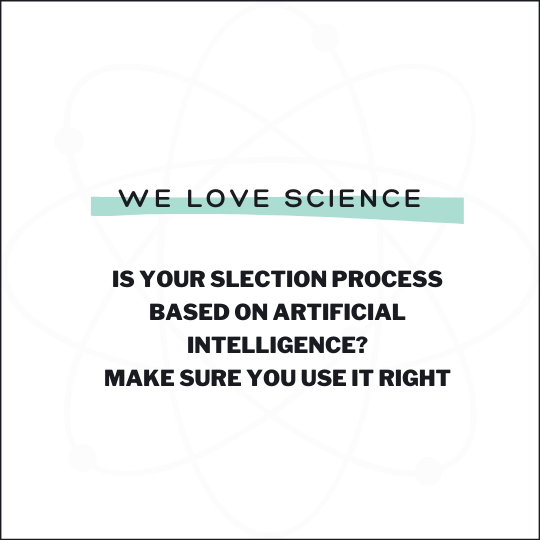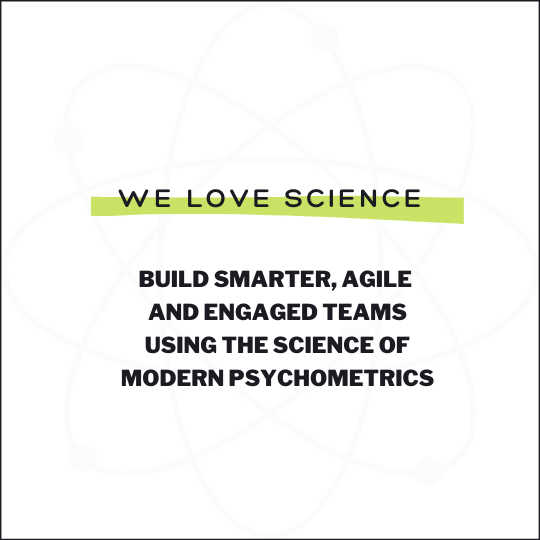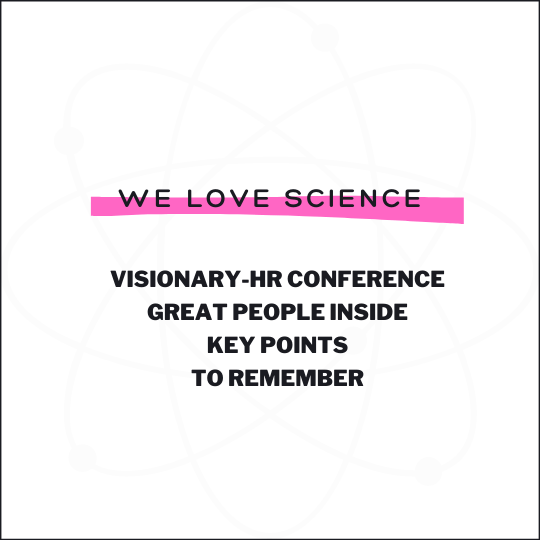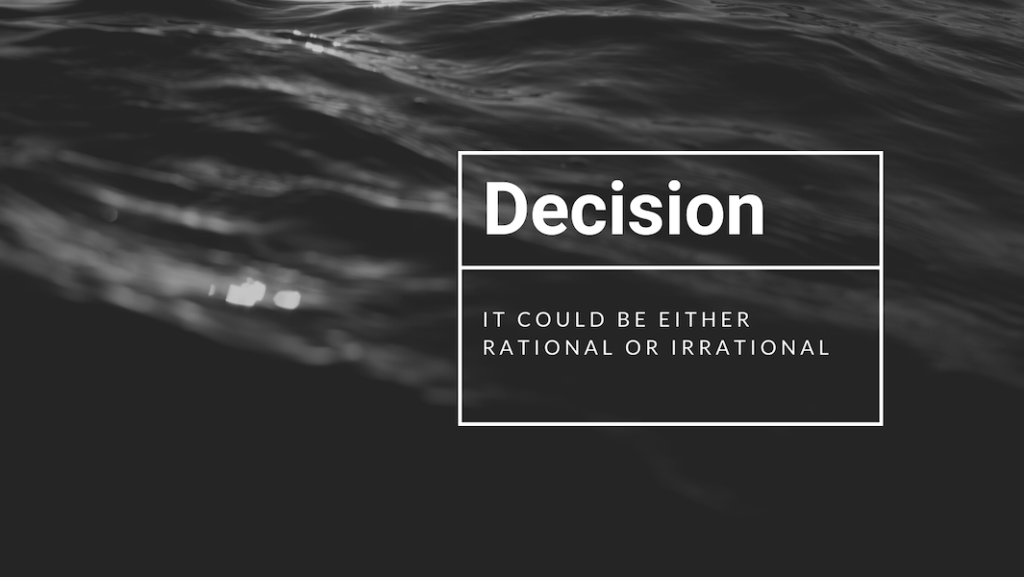
Have you recently gone through any kind of change in the last 3 months? Do you wish you had done something differently? Maybe make better decisions or cope more efficiently? Learn about the science and practice behind managing change. Most of us would probably answer “yes” to the questions above. So what is it about us and effective change? First and foremost, it’s about the mindset, so let me be clear from the start:
Change is about learning, just as learning is about change.
As an organisational consultant and cognitive behavioural coach, I’ve seen my fair share of people who are stuck in their approach to dealing with change. In my experience, most of us would love to be in a different place when confronted with change. Our mind wanders to that safe, comforting zone where things are familiar and where we feel competent and in control. However, we don’t have the luxury to spend all our time there, since we also strive for more.
You’re probably familiar with behavioural economics. If not, check out Dan Ariely’s book Predictably Irrational, explaining the hidden forces that shape our decisions. The field has gained enormous momentum, changing the way we think about thinking. It has fundamentally transformed the classical approach to economics. Revealing that the sound principles believed to govern society’s economic functions are, in reality, FALSE.
When did you last made a decision that served your goals, maximising gains and reducing costs?
Irrationality, consequently, is the norm. When we add “change” to the equation, things get even more complicated. We have a plethora of cognitive biases that influence our decision-making. Let’s take a look at two of them: loss aversion and the need for meaning. My investigation comes from both the consultancy practice and the scientific inquiry. I focus on adaptability and agile learning and use the science and practice of managing change.
How does loss aversion affect us?
Obviously, we love to win and hate to lose. However, our view of the two is significantly different. Our mind does not interpret winning in the same way that it interprets losing. What does the science and practice of managing change tell us?
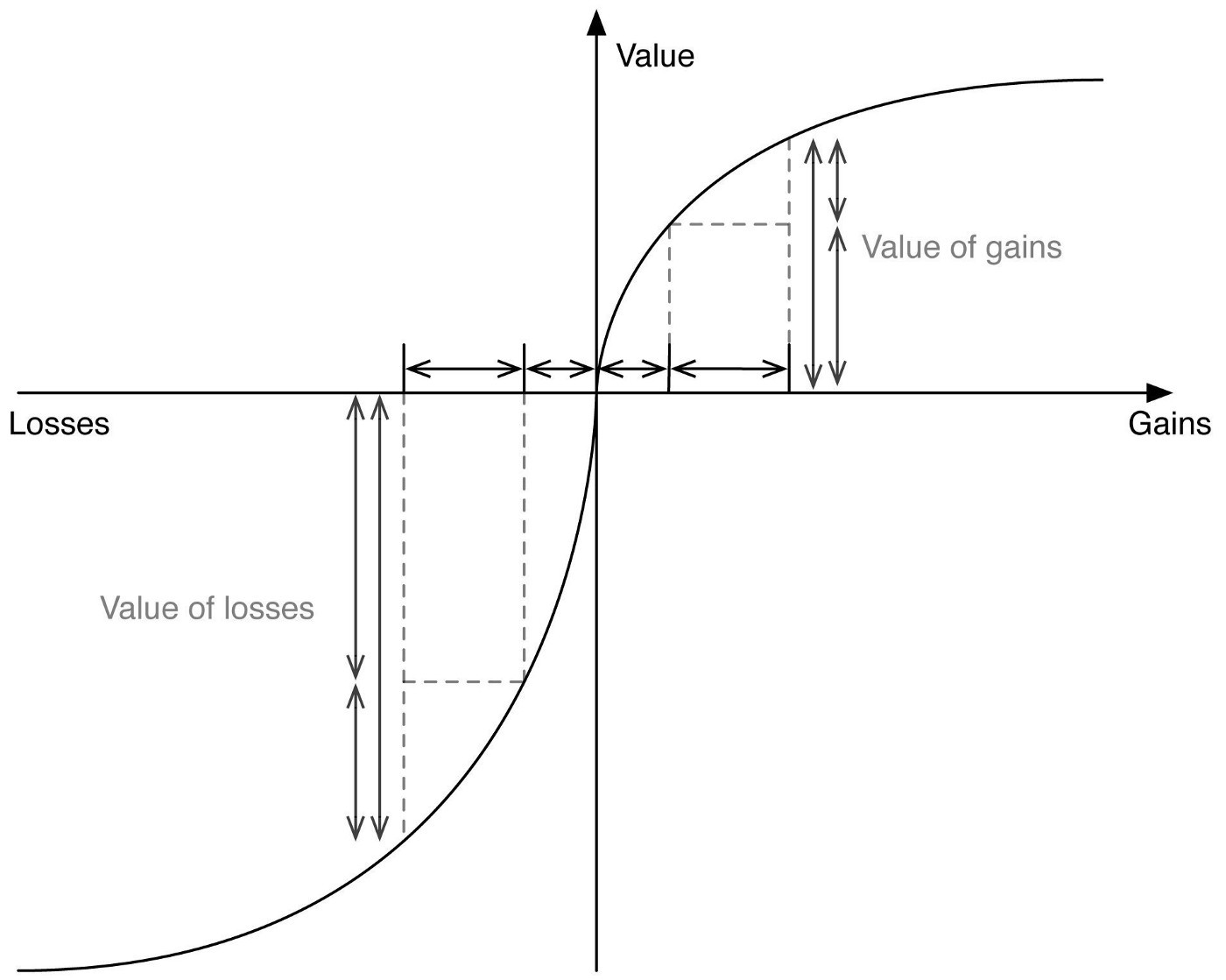
Firstly, our mind doesn’t consider the absolute value of a win or loss, but rather considers its subjective value, based on a personal reference or baseline.
Second, while we feel some positive emotions when we win something, the negative emotions associated with loss are much more strong. Losing is more important to us than winning, even though the objective amount is the same.
Lastly, we are more willing to take risks to avoid a loss than to make a gain. We react more profoundly to loss, and this is paramount to remember.
source: Daniel Kahneman and Amos Tversky in “Prospect Theory: An Analysis of Decision under Risk” (1979)
In everyday life, this means that change is neither as bad, nor as good as we expect it to be. We simply can’t make an accurate prediction of the emotional consequences of a change. Especially since our reference point is a key factor that influences our perceptions.
You may wonder, how does that affect us exactly? Well, it definitely impacts job performance. A field experiment revealed something interesting. Salesmen who earned their bonus at the beginning of the month, based on an estimate of their results, outperformed another group who received their commission at the end of the month. Despite the fact that the first group already had the money, the risk of losing their pay and the pain that would entail increased their motivation and effectiveness. In other words, they experienced loss aversion.
If you intend to make a genuine change, expect others and yourself to perceive the costs far more deeply than the benefits.
What about our need for meaning?
The human brain has an innate tendency to look for patterns, create meaning and find coherence. The same is true for the work we do. There is a lot of research in this field. Daniel Pink’s book Drive: The Surprising Truth About What Motivates Us is a great place to start. Even when monetary rewards for simple tasks are reduced, people are always willing to work if their effort is recognised.
Ignoring somebody’s contribution, however, is just as negative as ruining or destroying it. Research has shown that when we recognise or praise someone’s work, motivation and performance increase at little or no expense. Working meaningfully entails understanding how we contribute to the end outcome. Also, why our work is critical in the grand scheme of things.
What’s the connection between the science and practice of change ?
I’m sure you’re wondering, by now, what’s the connection between organisational change, learning and irrationality? The truth is, dealing with change is one of the most difficult tasks for our brain. What we like is stability, routine and predictability. Disrupting the status quo makes us prone to judgement errors and we’re not better in an organisational setting.
Companies experiencing significant change, whether in terms of growing market share, forming new management teams, innovating, or downsizing, and all of their staff, regardless of job title, are prone to irrationality. Those who find meaning in change in order to commit to it are more motivated and resilient. They persevere in the face of obstacles and bring others along with them.
So, let us all strive for a more nuanced understanding of the human mind by adopting goal-oriented thoughts and behaviours. This entails learning and making changes. Sometimes, we simply need to start from within.
About the author

Andreea Ibanescu is a Cognitive Behavioural Coach, Trainer and experienced Organisational Consultant with a strong focus on Learning and Development. Her mission is to facilitate transformational experiences for people, teams and organisations so that they reach their goals. She uses an evidence-based approach, relying on organisational psychology, human resources, design thinking and behavioural economics.
